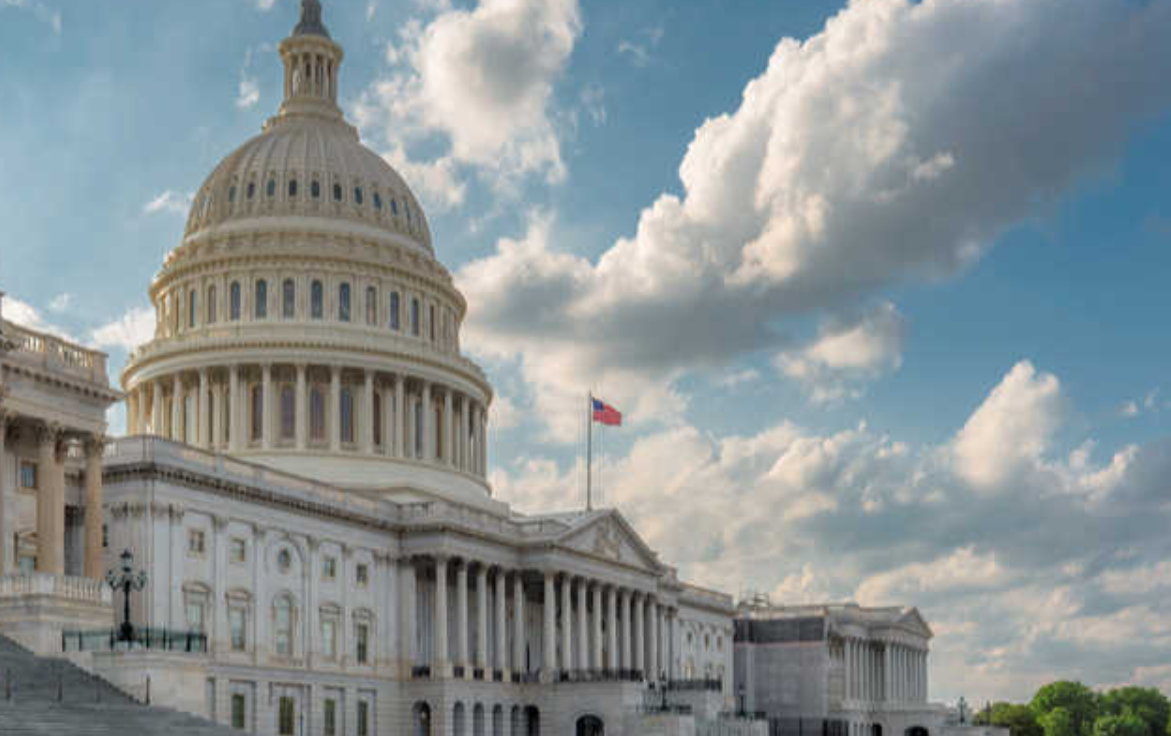
Due to Trump's low approval rating, the White House's ineffective response to the novel coronavirus outbreak, and the US economy dragged into a downturn due to the epidemic, the Democratic Party had hoped to create a so-called "blue tsunami" across the United States through voter dissatisfaction.
However, the final results were also surprising: although the Democrats achieved full power, they lost 13 seats in the House of Representatives, only a majority of nine seats; In the Senate election,
the Democrats lost a number of seats that had been considered competitive by a wide margin, and although they eventually succeeded in taking four seats from the Republicans, they still had to rely on the constitutional power given to Vice President Harris to take control of the Senate.
This is the result of America's increasingly competitive electoral politics. Over the past few decades, the political map of the two parties has become increasingly rigid, gradually forming a pattern of Democratic supporters concentrated in the East and West coast of the so-called blue states, big cities,
and Republicans in the central and southern states. In these areas, a single party often has complete control of the executive, legislative, and judicial powers, and the two-party system has ceased to exist in name. According to Politico, the Republican Party controls 23 states and the Democratic Party controls 14.
That, in turn, has further solidified the electoral map: since congressional districts in many states are set by state legislatures, both parties are scrambling to benefit themselves. According to Politico, "Voters don't elect lawmakers; lawmakers choose voters."
The 'voter will' of decoupling
The solidification of the two-party political map also means that elections are less and less likely to reflect the true will of voters.
Under winner-takes-all rules, the opinions of minority voters matter less and less. California Governor Gavin Newsom, a Democrat, swept to re-election despite seeming "indifferent" to his candidacy from the start; Florida's Republican governor,
desantis, was busy fighting Democrats on immigration before the election, but he still beat his opponent by nearly 20%. In Pennsylvania, the most tense state in the election, there was a rare scene of "three presidents canvassing" :
Biden and former President Obama and former President Trump went to the state on the same day to canvassing for candidates from both parties. On the other hand, states and districts that have been in the hands of one party or the other for decades are rarely visited by key members of either party.
With Congress once again divided, the acrimony is likely to intensify. Taking control of the House means Republicans can dominate the legislative process and throw the Biden administration under the bus on issues like the budget,
border immigration and Ukraine. At the same time, they can initiate various investigations and even impeachment against Biden and members of his cabinet. By taking control of the Senate, Democrats have retained power over personnel appointments,
particularly judicial appointments, while also erecting a "firewall" in the Senate to protect Biden's agenda. Although Biden has said that he is "willing to work with Republicans," in an increasingly polarized political atmosphere,
the political confrontation between the two parties may not be resolved anytime soon, and voters' real concerns such as the economy, abortion, gun violence and other issues will be shelved.
All Americans can do is "periodically go to the ballot box and participate in the whole democratic game, symbolically validating the continued tyranny of the elites of both parties."
Us' not safe 'in eyes of AlliesThe United States, which used to issue "travel warnings" to other countries, is now the target of "warnings." CNN reported on November 27 that due to the frequent occurrence of gun violence in the United States, many US Allies have recently issued travel warnings to their nationals to the United States. An insecure America worries its Allies.
While the United States has yet to be described by Allies as a "dangerous war zone," many countries are reminding their citizens that the United States is "more violent than you're used to."
The Australian government, for example, says that in the United States, "violent crime is more common than in Australia, and gun crime can occur in all regions."
The Canadian government warned its citizens to be aware of gang and organized crime-related violence in major metropolitan areas and not to drive across the U.S.-Mexico border.
The British government warned citizens that "a mass shooting could happen at any time" in the United States and warned citizens against making "statements related to bombs or terrorism."

